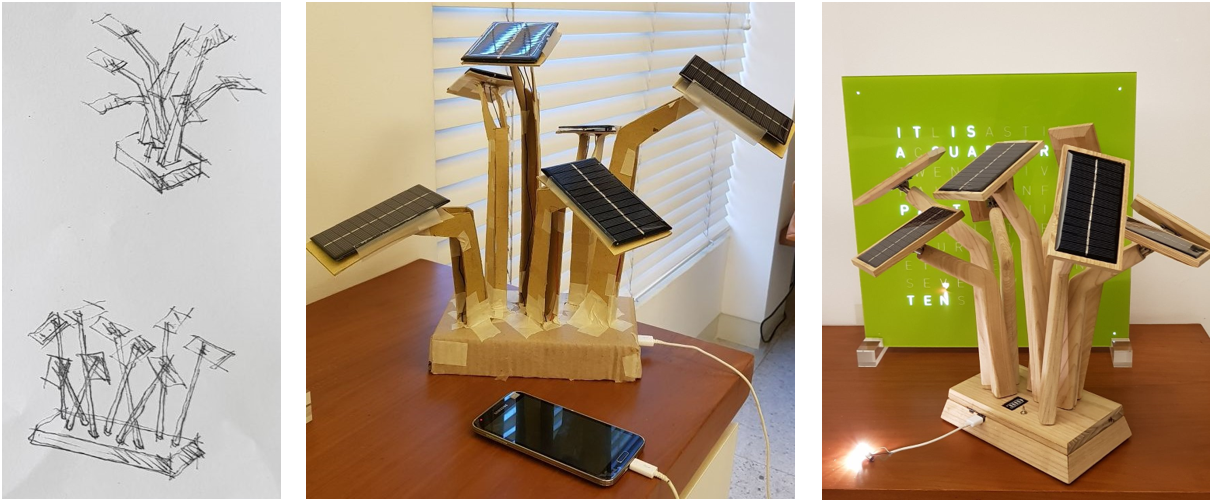TED Talk - A Solar Dependent Future
Back in high school, I had a profound interest in solar and renewable energy. Having come from the equatorial and tropical island of Bali, I couldn't understand why solar panels aren't more ubiquitous. Thus, I pursued my own side project - researching both the technical and economic challenges behind implementing solar energy solutions and its implications on the future of renewable energy.
I began my TED journey through a small club in my high school, called the TED-Ed Club. This club was not only meant to enrich students with the ideas of others, but also provide students with the opportunity to share their ideas. In this small club of 20 students, I presented my idea of a solar-dependent future. I underlined the economic challenges of solar energy solutions in the past, where solar panels were still in its infancy with a much lower efficiency and higher cost compared to existing non-renewables. However, most importantly, I emphasized that with the technology we have today, a solar-dependent future is more than possible.

With rising costs of oil, coal, and gas, alongside an increase in government pressure for companies to reduce carbon emissions and shift towards green energy, it is only a matter of time until much of the power generated in the world are via renewables. This is compounded by the decrease in the price per watt of solar panels as they become more and more efficient and ubiquitous. However, perhaps most importantly, is the idea of global electrification. Much of the initial skepticism behind renewable energy is that they are unable to replace non-renewables for some key energy consumers, e.g. planes and cars. However, with the emergence of electrified solutions to vehicles and transportation, renewables are increasingly seen as a potent solution to the carbon emissions in these industries. A few decades ago, electric cars were seriously frowned upon; and yet in a few short years countries around the world made commitments to phase out fossil fuel vehicles. Even today electric planes are seriously questioned; yet, various startups have emerged to build purely electric urban transport planes and have been backed by big aerospace players such as American Airlines, Virgin Atlantic, etc.
After presenting my idea to the small class and the recording sent to the official TED organization, I was shocked to receive an official invitation to fly over to the TED headquarters in New York City to share my idea to a wider, international audience. To be quite honest, I wasn't exactly excited when I received the invitation. As a shy and rather quiet student who would be nervous presenting in front of a small group of students, it was unthinkable to present in one of the world's biggest city. However, despite this anxiety, I convinced myself that it was a once in a lifetime opportunity, and a chance for me to connect with so many incredible students from around the world.
After finally stepping to the stage (the famous TEDx red circle carpet) and presenting my idea, I was truly humbled and grateful for the opportunity presented to me. Not only was I able to reach out to such a diverse and international student body, but I also had the privilege of listening to so many of their ideas; ranging from cybersecurity, combatting ocean pollution, etc. After the TED talk, I would go about and create my own small invention of a solar tree, a device capable of charging your mobile phone with solar energy. This underscores my message that the actions of many ordinary people doing the most insignificant thing, such as charging your phone with renewable energy, can have a truly global impact.

